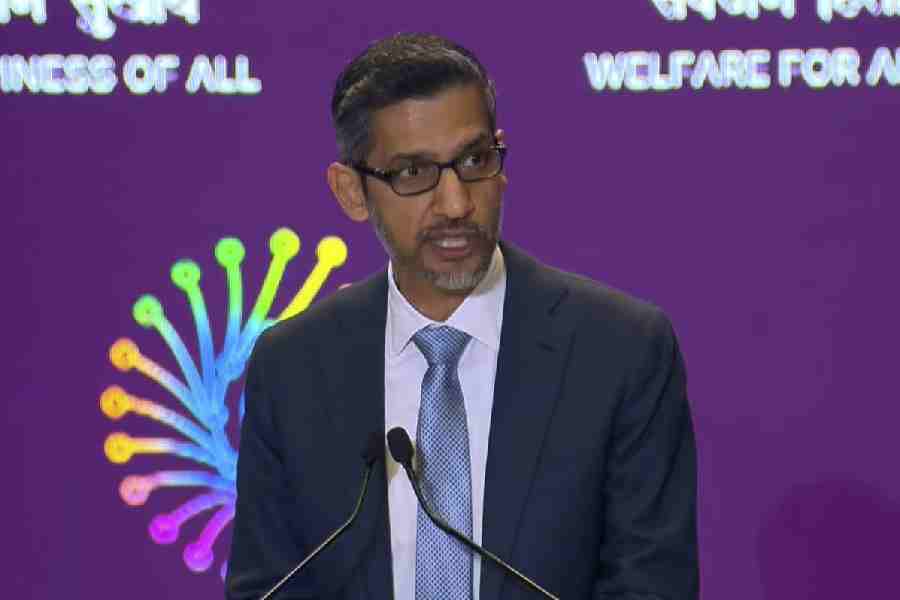 |
Jamshedpur, April 26: Learn well, pay more.
Aspiring managers seeking admission to XLRI, one of the country’s premier B-schools, in the current academic session will have to shell out an increased fee.
The XLRI management has decided to jack up charges for two-year postgraduate flagship programmes in business management and human resource management (earlier known as personnel management and industrial relations) from Rs 8.5 lakh to Rs 9.8 lakh, a hike of 15.29 per cent.
If that didn’t raise eyebrows, the course fee for the one-year general management programme for experienced professionals has also been increased to Rs 13.7 lakh from Rs 9.9 lakh last year, a whopping 40 per cent hike.
The consolation: the fee covers boarding facilities.
Director of XLRI Father E. Abraham said the fees had been hiked in the wake of inflation. Generally, there is an increase of about 10 per cent every year, which depends on market conditions as well as a few other factors. Also, a part of the money contributes to the scholarship fund of Rs 60 lakh.
“XLRI today offers world-class infrastructure to its students. The faculty pay packages are also higher than that of IIMs. Besides, the general management programme includes foreign trips,” the director explained.
It may be noted that the B-school had also applied for the ISO 9001:2000 certification in 2009 and boasts tie-ups with a whole gamut of foreign institutes across Europe, the US and South East Asia. Moreover, unlike the IIMs, XLRI does not receive any grant from the government.
Over the past couple of years, the XLRI management has also introduced incentives for faculty members to conduct research and publish their work in the form of books or articles. They can also present papers across the globe. “The inflation is rising. To fight it, we have had to increase course fees like many other cradles,” said Soumendra Bagchi, head of admissions.
The areas of substantial expenditure include staff and faculty salary, satellite programmes and electronic communications, office administration and admissions, while the institute’s primary sources of income are student fee and admission tests.
On how the fee hike might affect not-so-affluent students, Father Abraham said: “I don’t think money will be a problem. Students can always avail of education loans from banks. And given the kind of placements they normally get, they can easily repay in a shorter period of time.”
From this year, XLRI has also rechristened the personnel management and industrial relations (PM&IR) course as human resource management (HRM) programme. The course structure has also been altered and is universally accepted.
“PM&IR was restrictive compared to HRM. The times have changed in terms of companies that come for campus placement. Initially, it was only from the manufacturing industry and, now, it ranges from consultancy to investment banking and finance. So, we needed to do the alterations,” Bagchi said.










